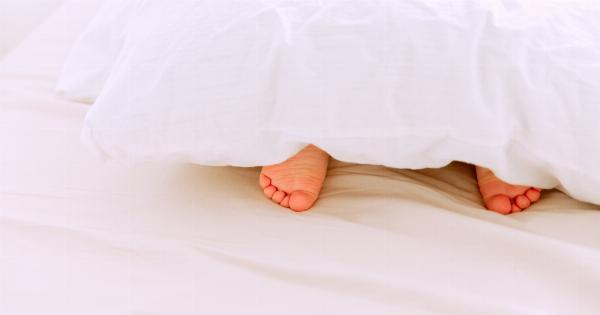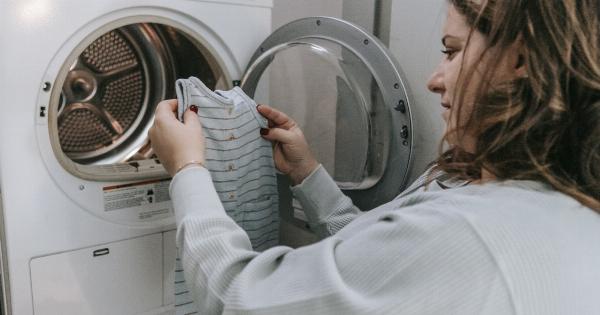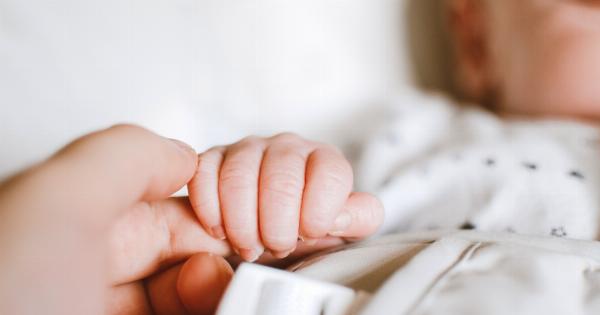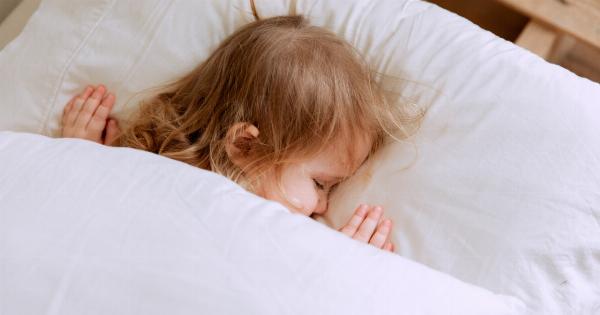As parents, we want to ensure the utmost comfort and safety for our little ones. One common question that arises is when to introduce a pillow to our baby.
While pillows are essential for adults, it is crucial to understand the right time to introduce them to our babies. In this article, we will discuss the appropriate age to consider introducing a pillow, the factors to consider, and the importance of choosing the right pillow for your baby.
Why do Babies Need Pillows?
Before we can determine the appropriate time for introducing a pillow to your baby, it is essential to understand why babies may need pillows in the first place.
Pillows provide support and cushioning for the head, neck, and spine, promoting proper alignment and reducing the risk of discomfort. Additionally, pillows can help prevent the development of flat spots on the back of the head, which can occur when babies spend a significant amount of time lying on their backs.
When is the Right Time to Introduce a Pillow?
The ideal time to introduce a pillow to your baby is typically around the age of one year. By this time, most babies have developed enough neck and upper body strength to adjust themselves while sleeping and can reposition their heads if needed.
However, it is essential to note that every child is different, and developmental milestones may vary. Consult with your pediatrician before introducing a pillow to ensure your baby is ready.
Factors to Consider
When deciding to introduce a pillow, there are several factors to consider:.
1. Age and Developmental Milestones
Before introducing a pillow, consider your baby’s age and developmental milestones. As mentioned earlier, most babies are ready for a pillow around the age of one year, but it varies for each child.
It is crucial to observe whether your baby can roll and reposition themselves during sleep to avoid any potential suffocation hazards.
2. Sleep Position
The sleep position of your baby plays a vital role in determining the introduction of a pillow. Back sleeping is highly recommended for babies to reduce the risk of Sudden Infant Death Syndrome (SIDS).
If your baby prefers to sleep on their tummy or sides, it is best to avoid introducing a pillow until they can consistently sleep on their back.
3. Comfort and Sleep Quality
Pay attention to your baby’s comfort and sleep quality. If you notice that your baby is frequently adjusting their head position or seems uncomfortable during sleep, it may be an indication that they could benefit from a pillow.
Consult with your pediatrician to assess if a pillow is the right solution for their comfort needs.
4. Pillow Safety
When introducing a pillow, safety must be a top priority. Choose a pillow specifically designed for infants and made with hypoallergenic materials. Avoid pillows with excessive cushioning, as they may pose a suffocation risk for infants.
The pillow should be firm enough to provide support but soft enough to ensure comfort.
The Importance of Choosing the Right Pillow
Choosing the right pillow for your baby is crucial to ensure their comfort, safety, and overall well-being. Here are a few key points to consider:.
1. Size and Shape
Opt for a small-sized pillow specifically designed for infants. The pillow’s shape should be flat or slightly contoured to support the natural curvature of your baby’s head and neck.
Avoid large or oversized pillows, as they may increase the risk of suffocation.
2. Material and Allergens
Look for pillows made with hypoallergenic materials to minimize the risk of allergies or irritations. Hypoallergenic pillows are less likely to harbor dust mites, mold, or other allergens that can affect your baby’s respiratory health.
3. Washability
Choose a pillow with a removable and washable cover. Babies are prone to spills, drooling, and other messes. Being able to regularly wash the pillow cover will help maintain cleanliness and hygiene.
4. Firmness
Ensure that the pillow is firm enough to provide support and maintain its shape. However, it should not be too firm to cause discomfort or hinder your baby’s movements during sleep.
The Transition Process
When introducing a pillow to your baby, it is essential to allow for a gradual transition. Here are a few steps to follow:.
1. Observation
Start by observing your baby’s sleep patterns, position, and comfort. Pay attention to any discomfort or restlessness during sleep that may indicate a need for a pillow.
2. Introduction of a Small Pillow
Introduce a small, appropriately sized pillow designed for infants. Place the pillow under the crib mattress initially and gradually elevate it as your baby adjusts to the new sensation and builds neck strength.
3. Supervision
Always supervise your baby during the transition period. Be vigilant and ensure that the pillow remains in a safe position, not obstructing the baby’s airway or causing any discomfort.
4. Consultation with Pediatrician
Consult with your pediatrician throughout the transition process. They can guide you based on your baby’s individual needs and provide additional recommendations or precautions.
Conclusion
When it comes to introducing a pillow to your baby, timing and safety are of utmost importance. Most babies are ready for a pillow around the age of one year, but it is crucial to consider developmental milestones and consult with your pediatrician.
Choosing the right pillow, considering factors such as size, shape, material, washability, and firmness, ensures your baby’s comfort and safety. Remember to observe your baby’s sleep patterns, gradually introduce the pillow, and always prioritize supervision during the transition.
With proper care and attention, you can make the introduction of a pillow a positive and safe experience for your little one.

























